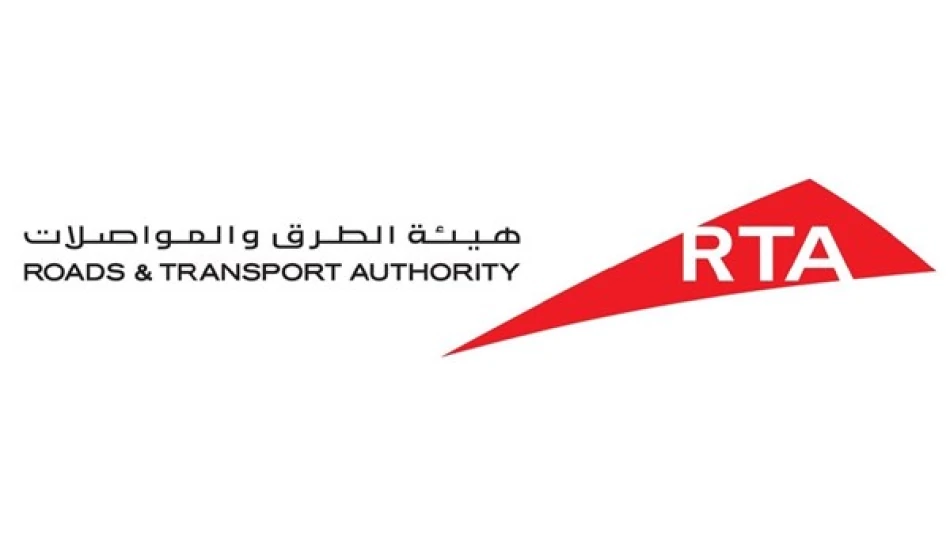
Dubai's Roads Authority Launches Smart Platform to Monitor Traffic Flows
Dubai Launches AI-Powered Traffic Management Platform to Transform Urban Mobility
Dubai's Roads and Transport Authority (RTA) has unveiled "Data Drive - Clear Guide," an intelligent digital platform that analyzes five years of historical and real-time traffic data across the emirate. The system promises to revolutionize traffic management by reducing data analysis time from weeks to minutes, positioning Dubai at the forefront of smart city transportation solutions.
Breaking the Data Analysis Bottleneck
The platform represents a significant leap from manual traffic assessment methods that previously required weeks of data collection and analysis. By integrating historical patterns with live traffic feeds from specialized global companies, the system delivers instant insights on traffic speeds, congestion points, breakdown locations, and optimal flow times.
This technological shift mirrors similar smart city initiatives in Singapore and Barcelona, where data-driven traffic management has reduced urban congestion by 15-25%. Dubai's approach, however, distinguishes itself through its comprehensive five-year historical dataset, providing deeper pattern recognition capabilities.
Real-Time Response and Predictive Intelligence
Instant Alert Systems
The platform's immediate notification system enables rapid response to traffic incidents and congestion buildup. Relevant authorities receive real-time alerts, potentially reducing incident response times and minimizing traffic disruption across Dubai's extensive road network.
Interactive Monitoring Dashboard
Transportation officials can now monitor traffic diversions and major events through live tracking, while automated reporting systems evaluate infrastructure projects both before and after implementation. The interactive map displays road conditions using key metrics including average speeds, traffic density, and journey times.
Strategic Implications for Urban Planning
This initiative aligns with Dubai's broader smart city strategy and its preparation for Expo 2025 and beyond. The platform's ability to assess project impacts in real-time could accelerate infrastructure decision-making and optimize return on investment for transportation projects.
For urban planners and developers, the system provides unprecedented visibility into traffic patterns, potentially influencing commercial real estate valuations and development strategies in high-traffic corridors.
Regional Leadership in Smart Transportation
Dubai's move reinforces the UAE's position as a regional technology hub, competing with smart city leaders like Singapore and Amsterdam. The integration of artificial intelligence in traffic management could serve as a model for other Gulf Cooperation Council countries facing similar urban mobility challenges.
The platform's success will likely be measured by tangible improvements in average commute times and reduced traffic-related emissions, key performance indicators that align with Dubai's sustainability goals and economic competitiveness objectives.
Most Viewed News

 Layla Al Mansoori
Layla Al Mansoori






